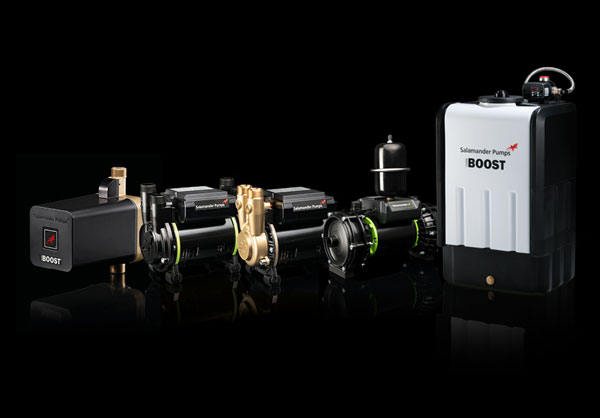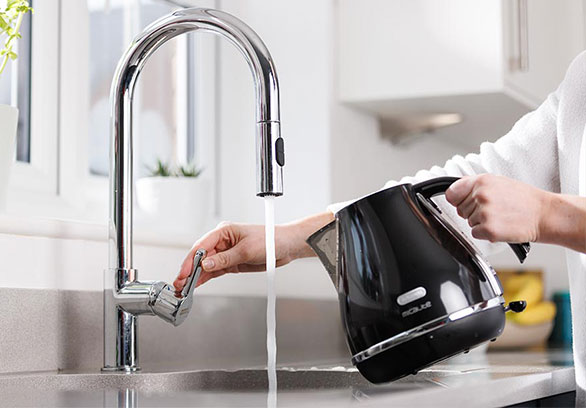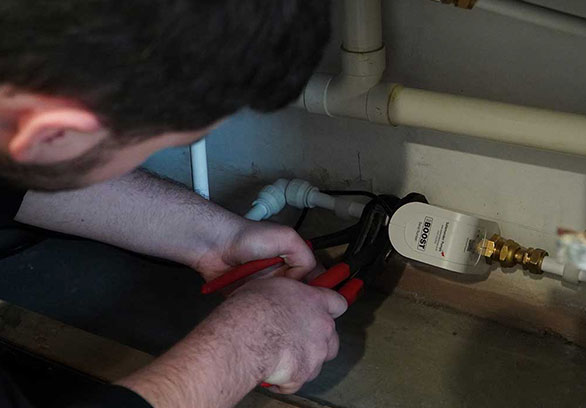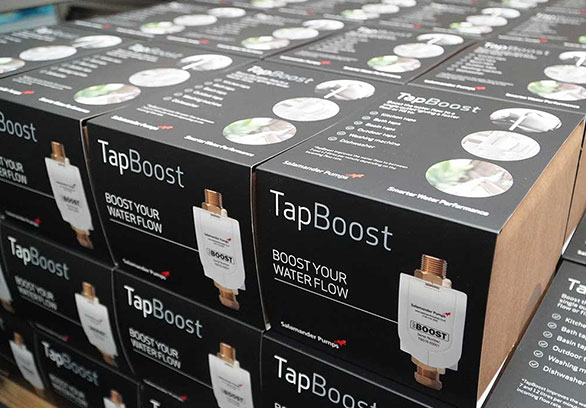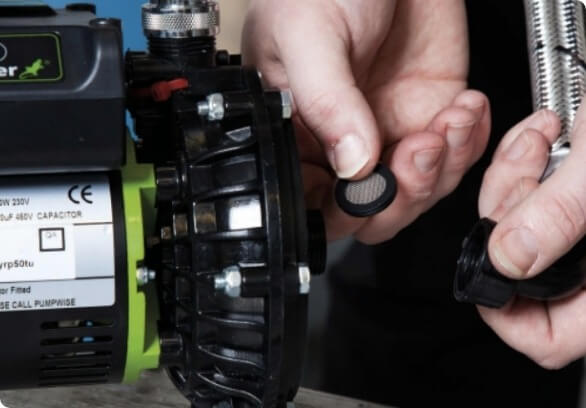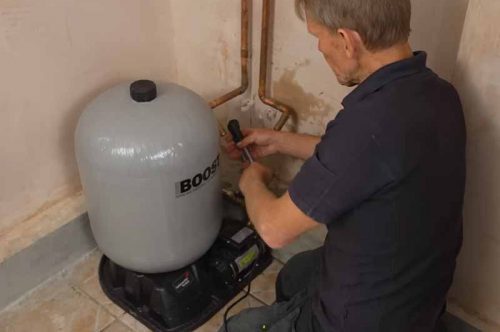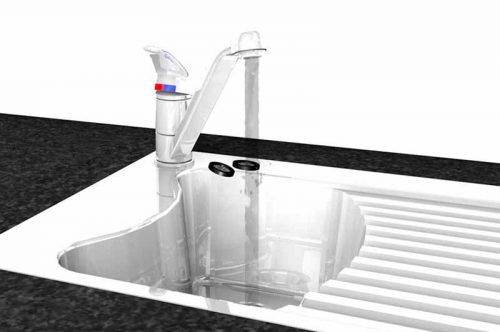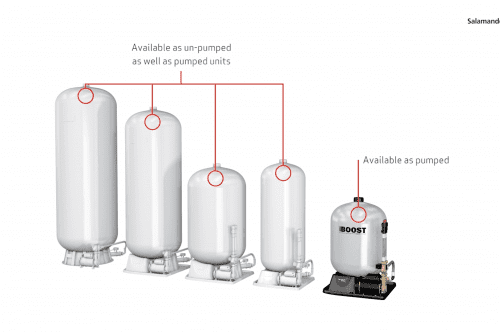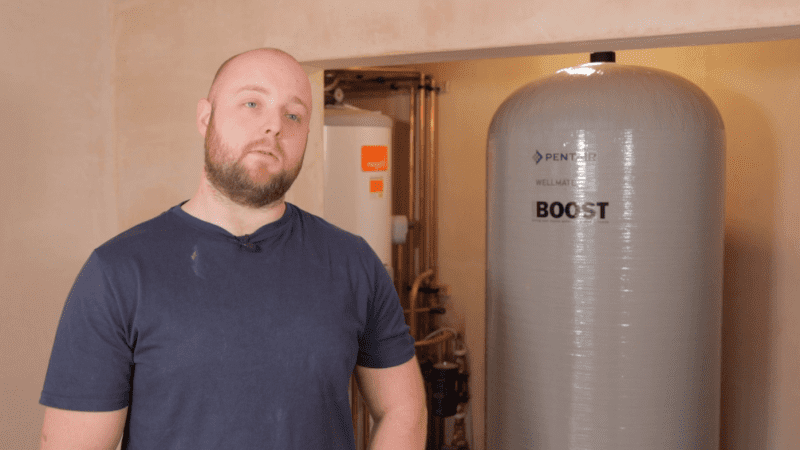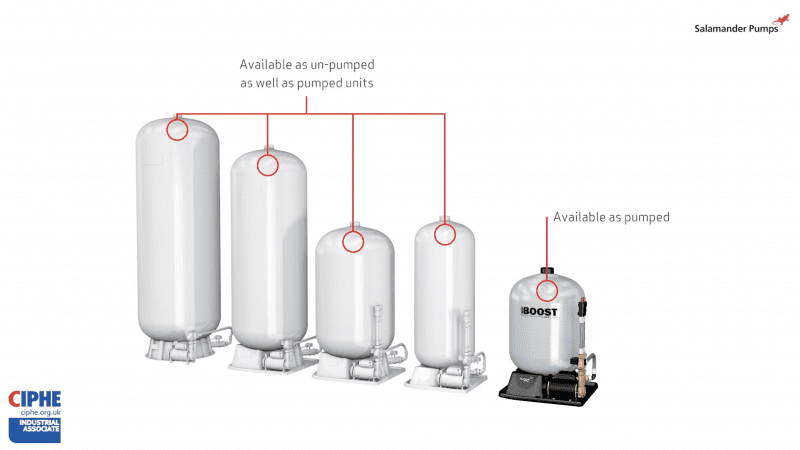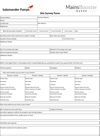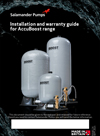The AccuBoost is supplied as a ready to install unit. It is supplied with an upstream kit which includes a double check valve, inline strainer and a pressure reducing valve.
Pre-Installation
Installation
Post Installation
Pre-Installation
Installation
Post Installation
Pre-Installation
-
Get support on choosing the right product and discover what to consider before buying a pump.
- Pre-Installation Support
Installation
-
Find out where to buy your chosen pump. Get support and advice on product installation.
- Installation Support
Post Installation
-
Get guidance and advice on warranty registration, customer service and troubleshooting.
- Post-Installation Support
